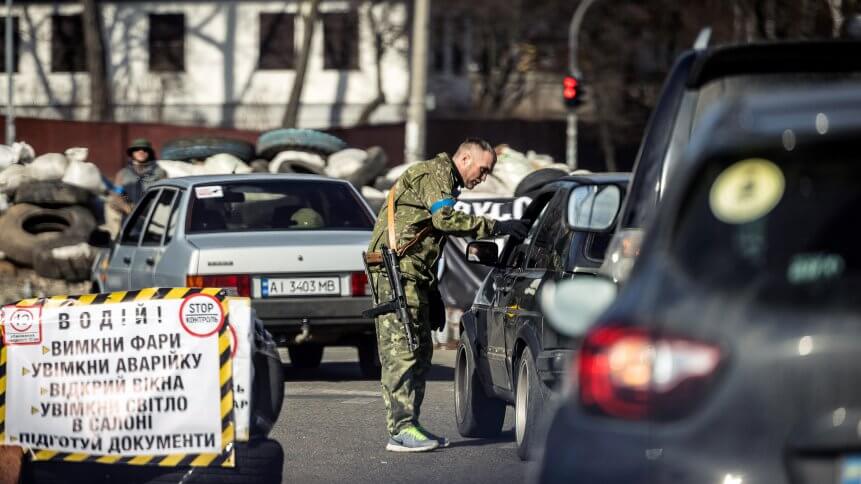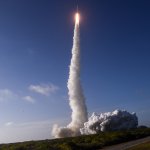Clearview AI: How the controversial facial rec tech is helping Ukraine fight

- Clearview AI, an American facial recognition company, has a searchable database of 10 billion faces sourced from the web, mainly Russian social media sites.
- The services offered by Clearview AI are free for the Ukraine government.
- Ukraine has so far begun using the technology for over a week now.
Clearview AI, a controversial facial recognition firm which scrapes selfies off the internet to power identity-matching service, is now helping Ukraine to monitor Russian attackers or soldiers, combat misinformation, and identify dead people or corpses. The American facial recognition company that houses a database of 10 billion faces, has a staggering two billion images from Russian social media service VKontakte alone.
In a letter offering their assistance to Kyiv, Clearview’s Chief Executive Hoan Ton-That said “That database could help Ukrainians identify dead people more easily than trying to match fingerprints and keep it functioning if there is facial disfigurement.” To top it off, a Clearview AI adviser told Reuters that Ukraine can access the Clearview AI facial search engine at checkpoints for free.
But for Ton-That, Clearview should not be used as the sole source of identification. In fact, he does not want his technology to be used to violate the Geneva Conventions, which create legal standards for the treatment of humanity during war. That said, according to Ton-That, like other users, those in Ukraine will receive training and will have to enter a case number and reason for searching before using the technology.
Clearview, which sells the technology to law enforcement in the US, has been mired in controversial lawsuits in the States and the European Union even, accusing it of violating privacy rights by taking pictures from the web. Clearview thinks its data collection is similar to how Google search works, yet several countries including the UK and Australia consider the practice illegal.
Ukraine has so far begun using the technology for over a week now. In the letter, Ton-That identifies a number of potential scenarios in which the technology could be useful including identifying infiltrators by matching a photo of them or their ID card; identifying the dead without the need for fingerprints; fighting misinformation and family reunification by identifying people without paperwork.
Over the last two years, Clearview has become one of the highest-profile developers of facial recognition because it sends authorities matches from an ever-growing database that it finds posted publicly on the Internet. In contrast, matches from facial recognition tools used by law enforcement across China, India and many other countries typically come from more limited arrest or government ID databases.
Authorities have said that Clearview’s web search tool helps them find people outside those datasets. Critics see it as a violation to privacy norms, foreshadowing more egregious surveillance. Some lawmakers even want it banned. Data protection authorities in at least four countries including Canada and France have said the photo collection practice broke privacy laws.
Tech giants such as Alphabet’s Google and Meta Platform’s Facebook with the data to develop competing tools have avoided facial recognition entirely, citing societal concerns and the need for clarity from regulators. Till date, no known startup has ventured into the same gray area as Clearview.










